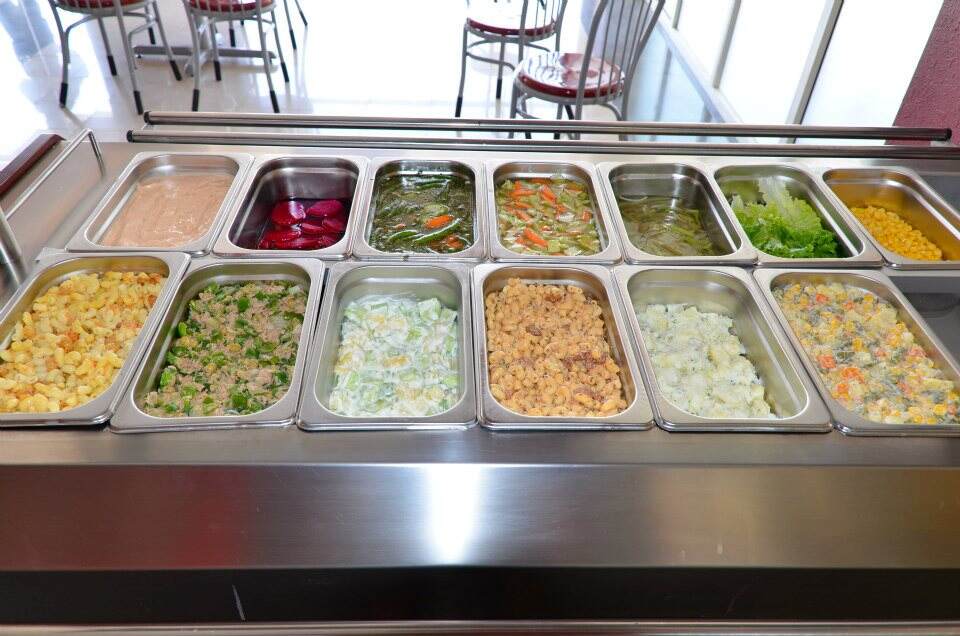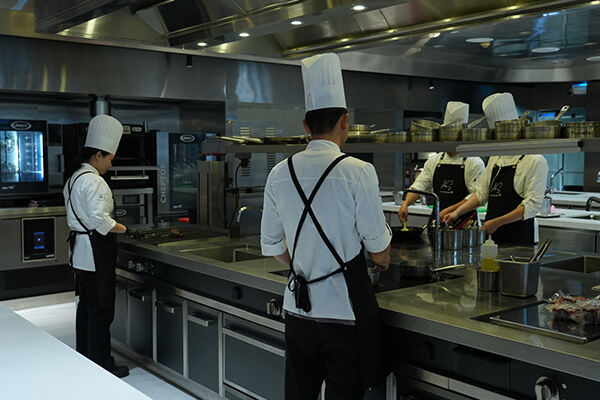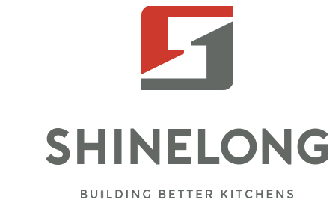News
A Comprehensive Guide: What You Need to Know Before Starting a Commissary Kitchen
What Is The Meaning of A Commissary Kitchen?
A commissary kitchen—often dubbed a culinary launchpad or shared commercial kitchen—is a licensed, centralized facility where food entrepreneurs craft everything from easy fast food French fries to smoke beef brisket. Unlike traditional restaurants, these spaces cater to multiple businesses: ghost kitchens, food trucks, meal-prep startups, and even boutique caterers. Think of it as a culinary co-working space, where collaboration meets cost-efficiency.

How Does a Commissary Kitchen Work?
Even after grasping the definition of a commissary kitchen, you might still find yourself puzzled about its day-to-day operations. To shed light on this, let's immerse ourselves in a typical day at a commissary kitchen. Picture this: At 4 a.m., a baker fires up a deck oven for 200 loaves of rye. By noon, a vegan meal service roasts trays of rainbow cauliflower. By 3 p.m., a food truck crew loads up prepped birria tacos. Commissary kitchens thrive on shared schedules and infrastructure:
- Pre-Production: Vendors book slots to prep ingredients, adhering to strict local hygiene protocols (color-coded cutting boards, HACCP plans).
- Production: Industrial-grade cooking equipment—combi ovens, commercial griddles, pizza prep tables—handles bulk tasks.
- Distribution: Meals are packaged, labeled, and shipped to clients, food trucks, or delivery apps.
The payoff? Reduced overhead costs, streamlined compliance, and the freedom to experiment with new types of food without leasing a standalone space.

Which Food Delivery Services Are Suitable for Commissary Kitchens?
In the age of instant gratification, commissary kitchens are the unsung heroes behind your takeaway food delivery service platform orders. Here’s how to capitalize:
- B2B Partnerships: Supply prepared food to offices, school canteens, or community centers (e.g., salad bowls or chilled soups).
- Ghost Kitchen Collaborations: Fulfill orders for virtual brands on food delivery platforms without the need for a storefront.
- Food Truck Support: Prep bulk ingredients for mobile vendors, ensuring consistency across taco trucks or crepe stands.
Is a Commissary Kitchen Right for Your Business?
It may seem like a commissary kitchen is the preferred solution for any kitchen-based business. However, this type of commercial kitchen is not a versatile solution for every food service operation. Before you consider starting your own commissary kitchen, ask yourself three key questions:
"Am I overwhelmed by home-kitchen permits?"
"Do I need a walk-in freezer for my ingredients?"
"Is my food service ready for enormous orders per week?"
If you answered yes to these questions, a commissary kitchen offers a long-term commercial kitchen solution without the six-figure lease.
Cost: Breaking Down The Investment
Even though launching a commissary kitchen offers huge advantages such as slashed overhead costs and streamlined compliance, it's not cheap to set up. If your budget is tight, shared costs are a considerable choice. Here’s the skinny:
- Licensing & Permits: $ 2,000–$10,000 (health department fees, fire safety certs).
- Equipment: $ 50,000–$200,000 for industrial ovens, refrigeration, and prep stations. Pro tip: Lease used gear to start.
- Monthly Overhead: $ 3,000–$15,000 for rent, utilities, and staffing. Shared kitchens split this among vendors—a ghost kitchen tenant might pay $1,500/month.
Fun Fact: Some cities offer grants for shared kitchens that support local food startups. Check your municipal commercial kitchen business programs!

Commissary Kitchens vs. Mobile Kitchens: Which Is Better?
Differences at a Glance
| Factor | Commissary Kitchen | Mobile Kitchen |
|---|---|---|
| Primary Purpose | Bulk food prep & centralized production | On-site cooking & direct sales |
| Cost Drivers | Shared leases, permits, equipment | Fuel, parking, vehicle maintenance |
| Regulatory Needs | Health department permits | Vehicle licenses + food permits |
| Ideal For | - Meal kit brands - Food truck suppliers - Ghost kitchens |
- Pop-up events - Street food vendors - Concept testing |
Shinelong Tips
| Your Goal | Choose Commissary If... | Choose Mobile If... |
|---|---|---|
| Scale | Producing 500+ meals daily | Testing menus at local markets |
| Equipment Needs | Require NSF-certified industrial gear | Need portable appliances only |
| Flexibility | Prefer fixed schedules & workflows | Want to chase festivals/events |
| Budget | Can split costs with other vendors | Have capital for vehicle upgrades |
Hybrid models are booming. Using a commissary for prep and a food truck for sales is the better food delivery service in this fast-paced age.
Startup Your Food Service Business with Shinelong

A commissary kitchen isn't just a room with commercial kitchen equipment—it's a springboard for culinary dreams. Whether you're fueling ghost kitchens, meal subscriptions, or a fleet of tamale trucks, this model lets you focus on flavor, not faucet repairs.
If you're looking to start or expand your food service business, Shinelong is ready to help you launch your delivery business as soon as possible. We offer a comprehensive commercial kitchen solution, including:
- Detailed Communication
- Sketches and CAD Drawings
- Equipment manufacturing according to your specifications.
- Feedback and Further Communication
- Transport Arrangement
- Installation and After-Sales
All you need to do is leave your kitchen to us—we’ll bring your dream kitchen to reality! So tie on your apron, preheat that convection oven, and get ready to cook your way into the food business.
 After-Sales:
After-Sales:
 EN
EN
 AR
AR
 HR
HR
 NL
NL
 FI
FI
 FR
FR
 DE
DE
 EL
EL
 HI
HI
 IT
IT
 PT
PT
 RO
RO
 RU
RU
 ES
ES
 TL
TL
 ID
ID
 SL
SL
 VI
VI
 ET
ET
 MT
MT
 TH
TH
 FA
FA
 AF
AF
 MS
MS
 IS
IS
 MK
MK
 HY
HY
 AZ
AZ
 KA
KA
 UR
UR
 BN
BN
 BS
BS
 KM
KM
 LO
LO
 LA
LA
 MN
MN
 NE
NE
 MY
MY
 UZ
UZ
 KU
KU









